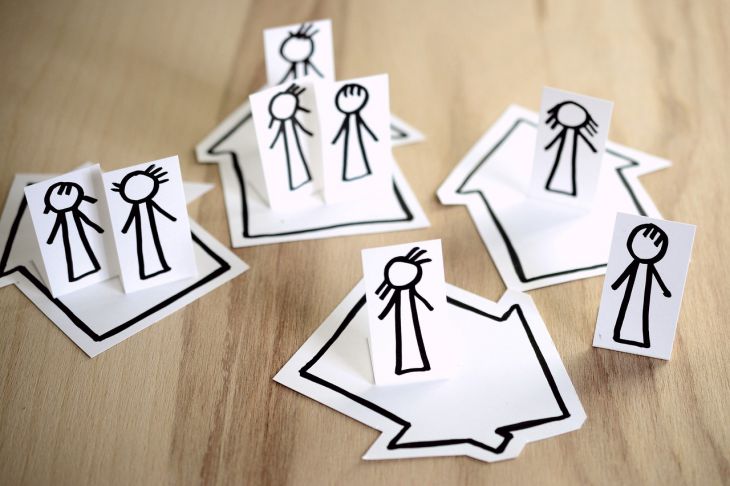Should a child be taught to respond to a teacher's rudeness: parents were told about verbal aggression at school
Teachers are the same people who also lose their nerve one day, as a result of which they begin to use phrases that have little to do with pedagogy.
Who doesn't know the phrases about "especially gifted" and other barbs? But should a child respond to this?
Olga Vertinskaya, candidate of philological sciences and associate professor at the Public Scientific Committee “Institute of Education and Humanities” of the Immanuel Kant Baltic Federal University, answered this question in an interview with the publication “ Mel.fm ”.
Verbal aggression
Experts distinguish between physical and verbal, active and passive, and direct and indirect aggression.
There are up to 12 types of aggressive behavior when phrases are used:

- "A normal child wouldn't do that";
- "I repeat for the especially gifted";
- "I taught your dad - he was exactly like you."
They also highlight a hostile remark ( You should have listened or You will talk to your mother like that at home ).
Then come the threats ( I'll count to three. Open your mouth again or I'll make you jump ).
The following phrases should be considered deviations:
- "Shut your mouths!"
- "Teacher's bell!"
- "Tomorrow everyone will jump off the roof - and you too?" and many others.
It is clear that all these phrases are harmful and lower the child’s self-esteem.
How to protect yourself
The expert advises parents to explain to their child that verbal aggression cannot be responded to with rudeness. But the child must be able to stand up for himself.
In this case, a polite phrase like, “I just wanted to clarify – did you call me a fool?” or something similar, would be quite appropriate.
You can tell the teacher in response that “his remark was rude.”
What has been said will be quite enough for the teacher to change his behavior. It is possible that an apology may follow, and eventually his address will take an adequate form.
